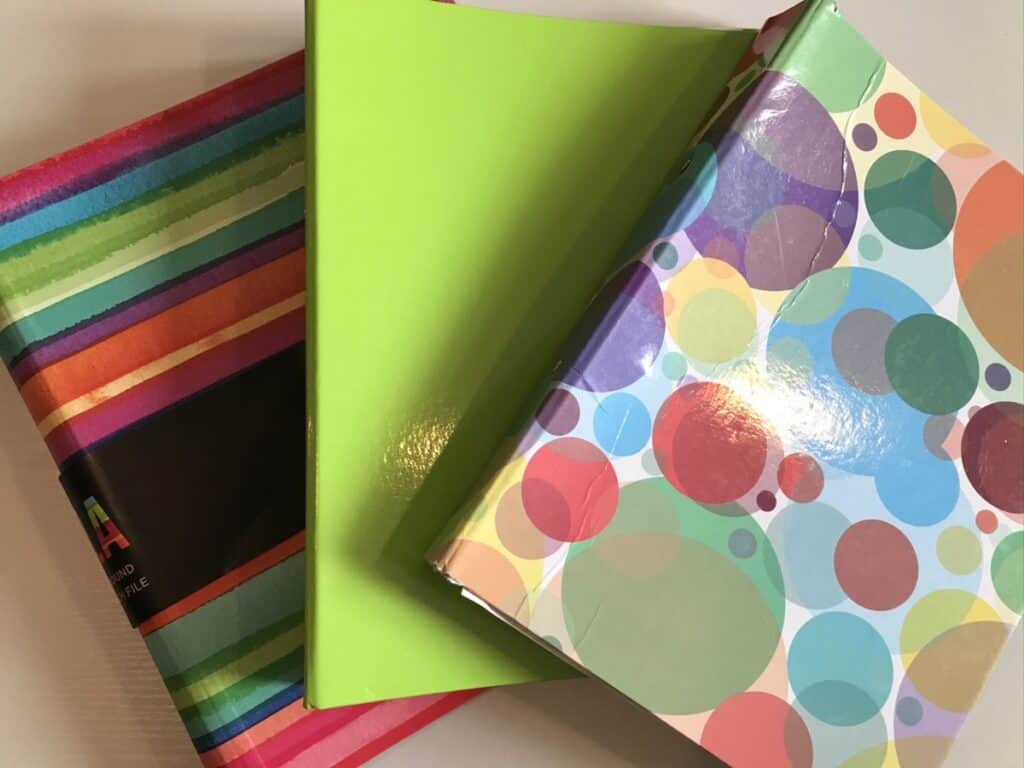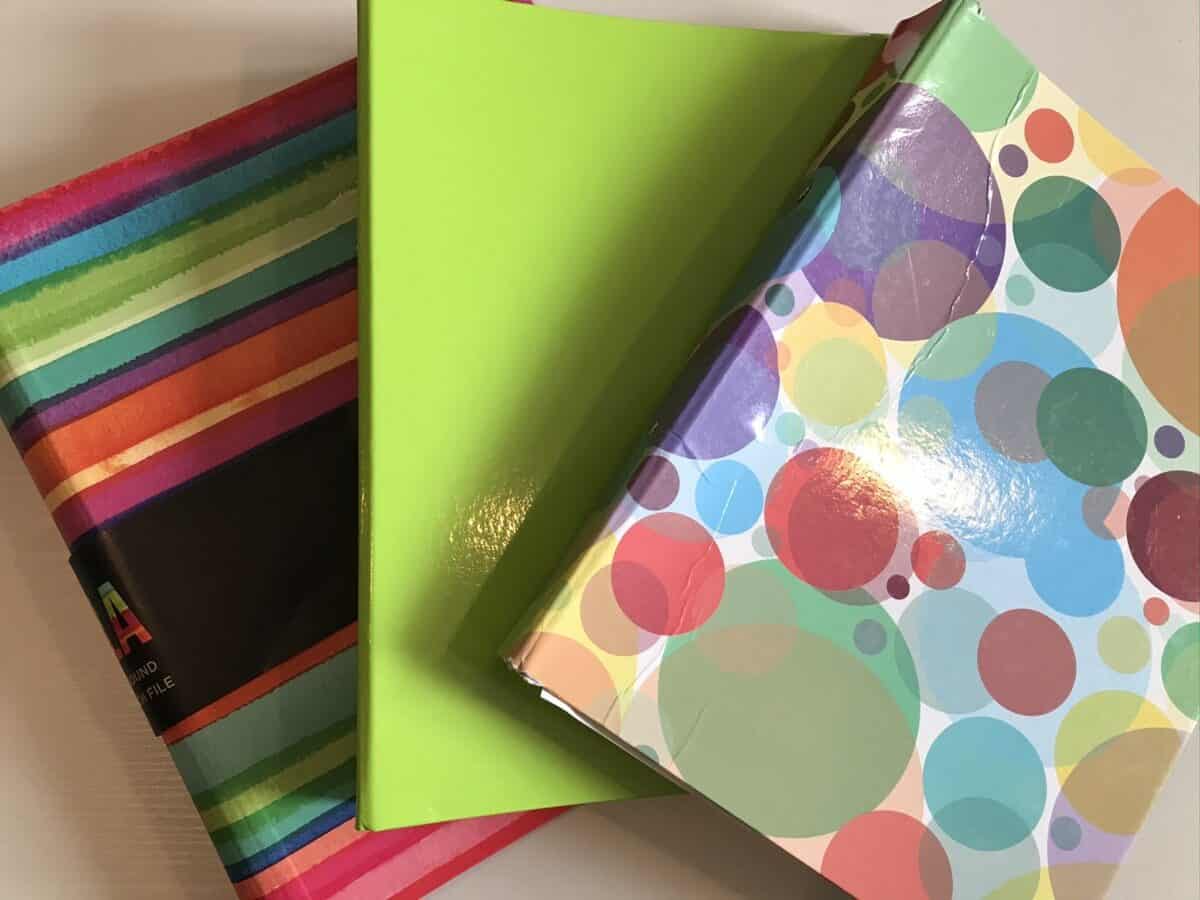There can be a lot of uncertainty surrounding applying to university, and I remember I had a lot of questions when I was applying. Today I’m going to answer these questions about applying to do a music degree in the UK:
- Do you need A-level music to study music at university or conservatoire?
- Do you need grade 8 practical or music theory to do a music degree?
- Do you need to be able to play the piano to study music at university/conservatoire?
- What other A-levels are useful for a music degree?
- What’s the difference between a BA in music and a BMus?
- What grade do you need to be to do A-level music?
- What grade do you need to be to do GCSE music?
- Can you do music A-level without music GCSE?
Do You Need A-level Music to Study Music at University or Conservatoire?
Often people talk about what the A-level requirements are to apply for a course, but what if you haven’t done A-levels?
You do not need music A-level to study music at universities or conservatoires in the UK. If you don’t have music A-level, institutions will usually accept a merit or distinction in either grade 7 or grade 8 music theory instead of music A-level.
This means that if you have done BTEC, International Baccalaureate or any other type of qualification, or even if you have done A-levels but not including music A-level, you can still apply to do a music degree.
Just make sure you check the specific entry requirements for the universities or conservatoires that you want to apply to, as each of their alternative requirements are slightly different.
Do You Need Practical Grade 8 or Music Theory Grade 8 to do a Music Degree?
Assuming you are doing music A-level, and so the previous question doesn’t apply to you, do you need to have grade 8 in music theory or practical to study music at university/conservatoire?
You don’t need to have any official grade 8 qualification to do a music degree. However, it is sometimes required that you are at least a grade 8 standard on your first instrument/voice, regardless of whether you have taken the grade 8 exam or not.
Usually you will be required to be at a grade 8 standard if your course has a big performance element. In this case, you will usually be required to audition e.g. at conservatoires. They will then decide whether your playing is at a high enough standard for the course, but this will not usually take into account whether you have actually got a grade 8 qualification or not.
Even if the courses you are applying to are not very performance-heavy, it is still usually helpful to be able to play an instrument or sing to a high standard, as this will help with other musical areas of study e.g. composition.
Along similar lines, you do not need to have done grade 8 music theory to apply for a music degree (unless you are not doing music A-level – see above). The majority of the grade 8 music theory syllabus should have been covered by your A-level syllabus, and anything essential can be covered when you start your degree course.
That being said, if you can and want to do grade 8 music theory then that can only be a good thing.
Do You Need to Be Able to Play the Piano to Study Music at University/Conservatoire?
If piano is not your first instrument, do you need to be able to play the piano at all to do a music degree?
Being able to play the piano is not usually an official requirement for any undergraduate music course in the UK, so you can apply without being able to play the piano. However, often being able to play piano to grade 5 standard is classed as recommended/desirable by universities and conservatoires.
Whilst you can complete a music degree without being able to play the piano at all, it is usually for your own benefit that institutions recommend you have some piano-playing knowledge. Having a greater awareness of piano music and how the piano works can give you an advantage in various units/modules that you may study during your music degree.
As a pianist, when I was at university I always felt that myself and fellow pianists had an (unfair) advantage over my non-pianist friends when it came to various modules of our music course.
This was especially noticeable in Harmony/Baroque technique classes. Not only were we studying keyboard music similar to the repertoire that I had been learning for years, but when it came to composing exercises, I had an automatic awareness of what was sensible piano-writing and what was physically comfortable to play.
There was also a piano-bias in composition classes, where we were required to compose for small ensembles that almost always included a piano with two or three single-line instruments. This meant that I almost always got to write for my own instrument, whilst other people who weren’t pianists were writing for only instruments that they didn’t play.
What Other A-levels are Useful for a Music Degree?
So you’ve decided to take music A-level, and maybe you are wondering which other A-levels would be beneficial if you are looking to study music at university or conservatoire?
If you are planning to study some essay-based modules during your degree, then selecting A-levels that require you to write and construct arguments (for example English or History) may somewhat prepare you for essay writing in your course.
Additionally, studying a language could help you to access sources written in other languages when writing essays at university. Often when researching, we are limited to reading only the sources written in our own language, plus any that have been translated. If you were fluent or semi-fluent in a second language, you could also read all the books and academic papers written in that second language, giving you a greater range of sources for your essays.
That being said, even though an A-level in History, English or another language may be helpful, none of them are at all necessary, even if your future music degree is going to be full of essay writing.
Your university will teach you exactly how they want you to write essays, which will likely be in a different format to essays at A-level anyway.
I remember feeling very intimidated when I started my Music degree, because my other A-levels were in Maths, Further Maths and Biology – not at all music-related or essay-based!
But I soon understood the process of writing essays, and realised that, especially in first year, we were given the opportunity to develop our essay-writing skills without it contributing to our degree marks.
I chose my A-levels simply based on what I enjoyed, and I ended up with a good mark at the end of my essay-heavy degree, so please don’t feel like your chances of doing well in a music degree will be negatively-impacted by your A-level choices.

What’s the Difference Between a BA in Music and a BMus?
So you may have noticed that some music degrees are called a BA, and some called a BMus. What is the difference between them?
There is not usually much difference between a BA (Bachelor of Arts) in Music, and a BMus (Bachelor of Music). They are both names of music degrees. Often a BMus is more specialised in either performance or composition, and a BA in Music sometimes offers open units in other Arts subjects.
Conservatoires usually offer a Bachelor of Music, whilst some universities offer a Bachelor of Music and other universities offer a Bachelor of Arts. Some universities offer the choice of both.
A BA is usually a three-year course unless you do a year abroad, whilst a BMus can often be four years.
Ultimately, the music degrees at different universities and conservatoires differ amongst themselves anyway, so the names don’t always end up meaning very much about the content of the course. Therefore, whether the music degree is a BA or BMus doesn’t normally impact the entry requirements.
What Grade Do You Need to Be to Do A-level Music?
Do you need to be at a certain singing or instrumental grade to do music at A-level?
Usually you need to be at a grade 5 level to take music for A-level, although some schools or sixth form colleges may allow you to take it if you are grade 4. The performance element of music A-level is often marked against a difficulty scale, meaning that you may access higher marks if you play at a higher standard.
For example, the Edexcel exam board assumes that you will be a minimum of grade 5 standard for the performance part of the A-level in the first year, with this expectation rising to a minimum of grade 6 by the second year of A-level. This is only the minimum though, and higher marks are easier to achieve if you play pieces that are more difficult (up to grade 8).
You do not need to have actually taken the relevant grade exams though, as long as the pieces that you play for the A-level performance section are at an appropriate standard.
You do not need to have taken grade 5 music theory to do music at A-level, although it will be assumed that you have an understanding of the content on the grade 5 music theory syllabus.
What Grade Do You Need to Be to Do GCSE Music?
Do you need to be able to play or sing at a certain grade standard to do GCSE music?
You are usually expected to be able to play an instrument or sing at a grade 3 standard to take GCSE music. Anything below this will not usually allow you to get the highest possible mark in the performance element of the GCSE qualification, although you do not need to have actually taken a grade 3 exam.
The exam board Edexcel has a difficulty chart where to some extent the difficulty of the pieces you play impacts your mark. If you play a piece below a grade 3 standard, you will not be able to access the highest marks.
Can You Do Music A-level Without Having Music GCSE?
If you haven’t done GCSE music, are you allowed to take music A-level?
You are able to do music A-level without having done music GCSE, depending on your school or sixth form college. You may need to catch up on some history awareness in your own time, and although it is not a requirement, it is a good idea to familiarise yourself with the grade 5 music theory syllabus if you haven’t already.

